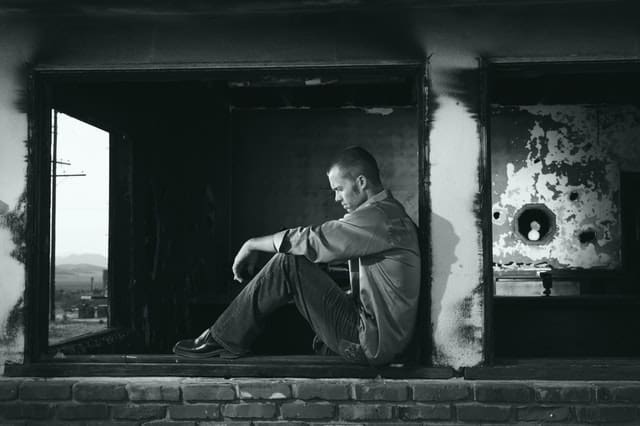People find themselves in emotional battles every day; stress to pay the bills, the occasional fight between friends or family, fighting addictions to substances and habits, and struggling to so much as get out of bed and enjoy life with depression.
It might come as a surprise, however, that addiction and depression can connect quite closely and can even cause one other. Those who find themselves struggling with addictions may fall into depression, and those who deal with depression may fall into an addiction to cope with their troubles.
What are the signs of these two psychological illnesses, and how do they relate? What can be done to overcome them? There are various common traits to look for.
Defining Depression and Addiction
Depression and addictions are both mental health issues that align together in terms of symptoms and often causally related; however, they are not the same by any means.
Depression, according to the National Institute of Mental Health, is a common but serious mood disorder that affects how you think about, feel about, and handle daily activities—including eating, sleeping or working.
Some look over depression as merely being sad, but in order to qualify as depression, symptoms need to have persisted for over two weeks. Depression also tends to vary—with constant low moods for major depressive disorder and extended ups and downs for chronic depression.
On the other hand, an addiction is defined as a chronic, relapsing disorder distinguished by compulsive drug seeking and continued use despite the potential consequences, which can cause ongoing changes in the brain. This can include mood changes or even transform into depression.
The Symptoms
It may come as a surprise that symptoms of depression and addiction tend to connect and align, though there are a couple of symptoms that distinguish them.
Those who deal with depression may have feelings of hopelessness and helplessness, weight loss or weight gain, loss of energy and sleep, suicidal thoughts, and difficulty with decision-making. Addictions can create feelings of nausea and shakiness, lead to withdrawal when kept away from certain drugs, create feelings of neglect, risky behavior, keeping secrets, and continued use of drugs despite the health issues they may cause.
The feelings of sickness, withdrawal, and secrecy that come with addiction, however, may lead into depression, and the feelings of helplessness and suicidal thoughts from depression can drive someone to an addiction to cope. But there are also symptoms shared between the two: irritability, mood swings, headaches, difficulties with concentration and memory, and general feelings of sadness and negativity.
Any person dealing with depression or an addiction should keep note of such signs in order to avoid the chaos of falling into both traps.
Treating Depression and Addiction
The important fact to note regarding the treatment of both depression and addiction is that one cannot be prioritized over the other. Both conditions must be treated simultaneously because of how closely linked they are and how they may feed into each other.
Patients of addiction should consider help through therapy while seeking medication from a psychologist to help treat depression. If the addict in question is susceptible to addiction through medical drugs, their medical treatment should be prescribed and monitored accordingly.

If you or a loved one struggle with the hardships of addiction and toils of depression, consider seeking a local treatment & rehab program in Tennessee. You may also consider looking into Discovery Place’s own programs, such as the 30 Day Residential Addiction Recovery Program or the Long Term Drug and Alcohol Addiction Recovery Program in Burns, Tennessee. Call us today for a free consultation at 1-800-725-0922.

